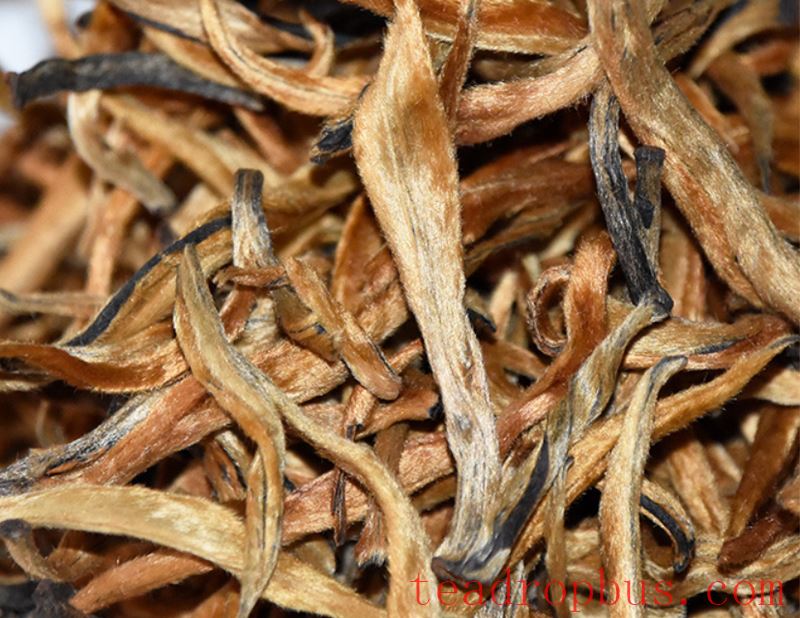The method of Tea processing is one of the bases for classifying the “six types of tea.” Different production methods result in unique qualities in the tea, first noticeable in their color. For instance, Green Tea is characterized by its “clear broth and green leaves,” while Black Tea has a “red broth and red leaves.” Some people prefer black tea, while others favor green tea. Do you know what the differences are between black and green tea?

What Are the Differences Between Black Tea and Green Tea?
1. Different Production Processes
Black tea is a type of tea that undergoes fermentation. It is refined through withering, rolling, fermentation, and drying, making it a fully fermented tea. The fermented tea possesses a distinctive strong aroma of black tea and, due to its high content of theaflavins and thearubigins, appears red, hence its name.
On the other hand, green tea is not fermented. Fresh leaves or buds are harvested and then processed through fixation, shaping, and drying. The tea liquor typically presents as a delicate green, thus the name green tea.

2. Different Nutritional Components
Although both black and green tea use the same raw material—tea leaves—their nutritional components vary due to different production processes. In black tea, the catechins are significantly reduced, often by more than 90% during fermentation.
However, black tea contains abundant carotene, flavonoids, amino acids, and polyphenols, as well as rich pectin. Green tea, on the other hand, is rich in catechins, various vitamins, catechin, chlorophyll, amino acids, Caffeine, and other nutrients.
3. Different Health benefits
Both black and green tea have numerous health benefits, but since black tea is a fermented tea, it is gentler and does not cause significant irritation to the digestive system; it also has warming and cold-dispelling effects on the stomach.

Therefore, individuals with gastrointestinal diseases can drink black tea without any adverse effects.
Green tea, however, is cooler in nature and not suitable for those with gastrointestinal issues.
Nevertheless, green tea aids in removing greasiness and digestion, and helps to quickly eliminate lipids from the body, contributing to lowering blood lipids, protecting vascular elasticity, and assisting with weight loss.
Additionally, the abundant vitamins in green tea offer anti-aging, skin protection, and antiviral and antibacterial effects.
Many ask why black tea is good for the stomach while green tea is not, or why green tea can sometimes cause gastrointestinal discomfort. This is because the processing methods differ: fresh tea leaves contain abundant catechins, which have a certain level of stimulation. This stimulation is more intense on an empty stomach.

Green tea, being unfermented, retains the maximum amount of catechins during production. Black tea, as a fully fermented tea, sees its catechins oxidize into tea pigments during fermentation, reducing the stimulation to the stomach.